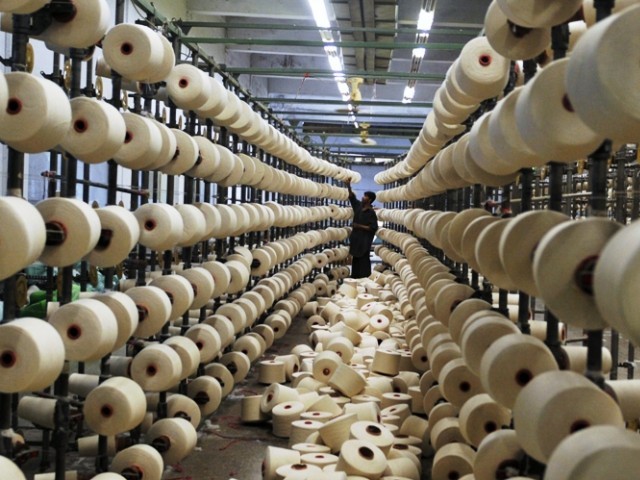Kafr Al-Dawar detainee dies in police station
The detainee’s family gathered around the police station chanting against forces, leading…
3 suspended at hospital after pregnant woman was refused service
Ministry of Health to investigate the incident after woman was forced to…
Mahalla textile workers’ strike enters eighth day
Thousands gather as other Kafr Al-Dawar workers join in solidarity
Spinning and weaving workers at Kafr Al-Dawar strike in solidarity with Mahalla workers
Mahalla company losses range between EGP 15m to EGP 20m, Mahalla commissioner…

